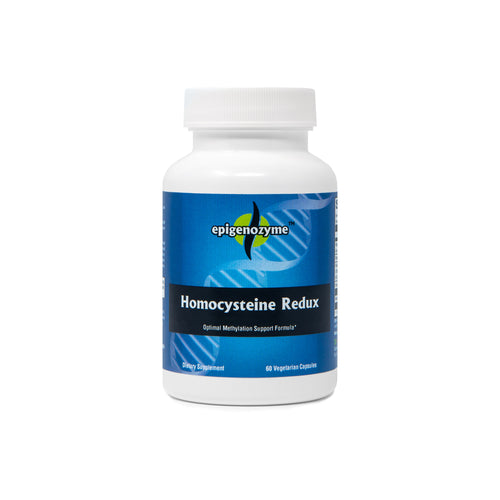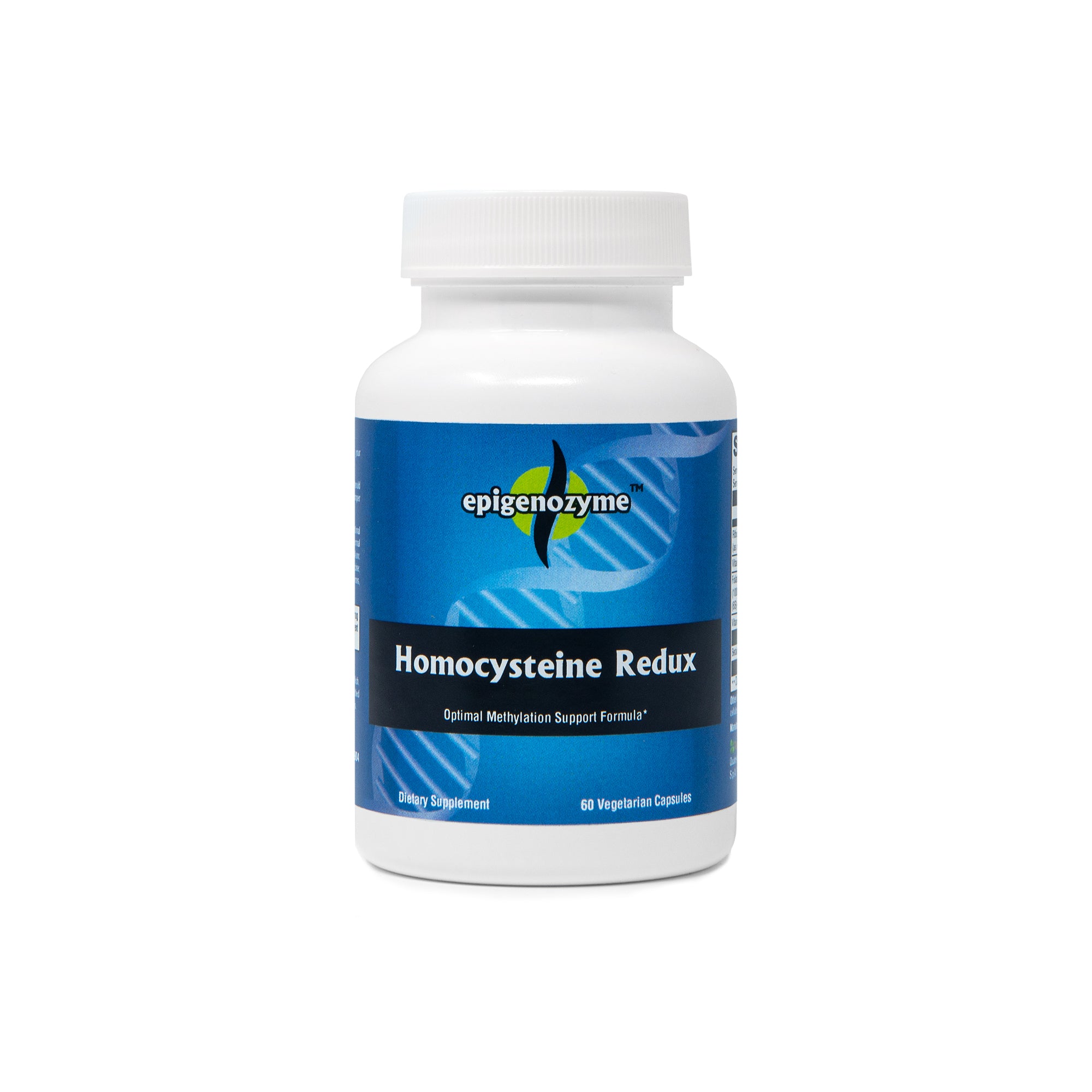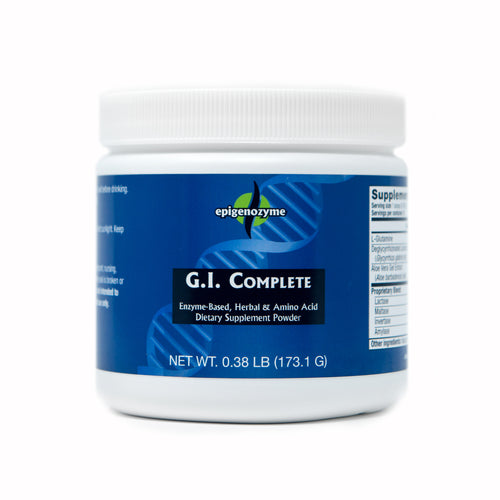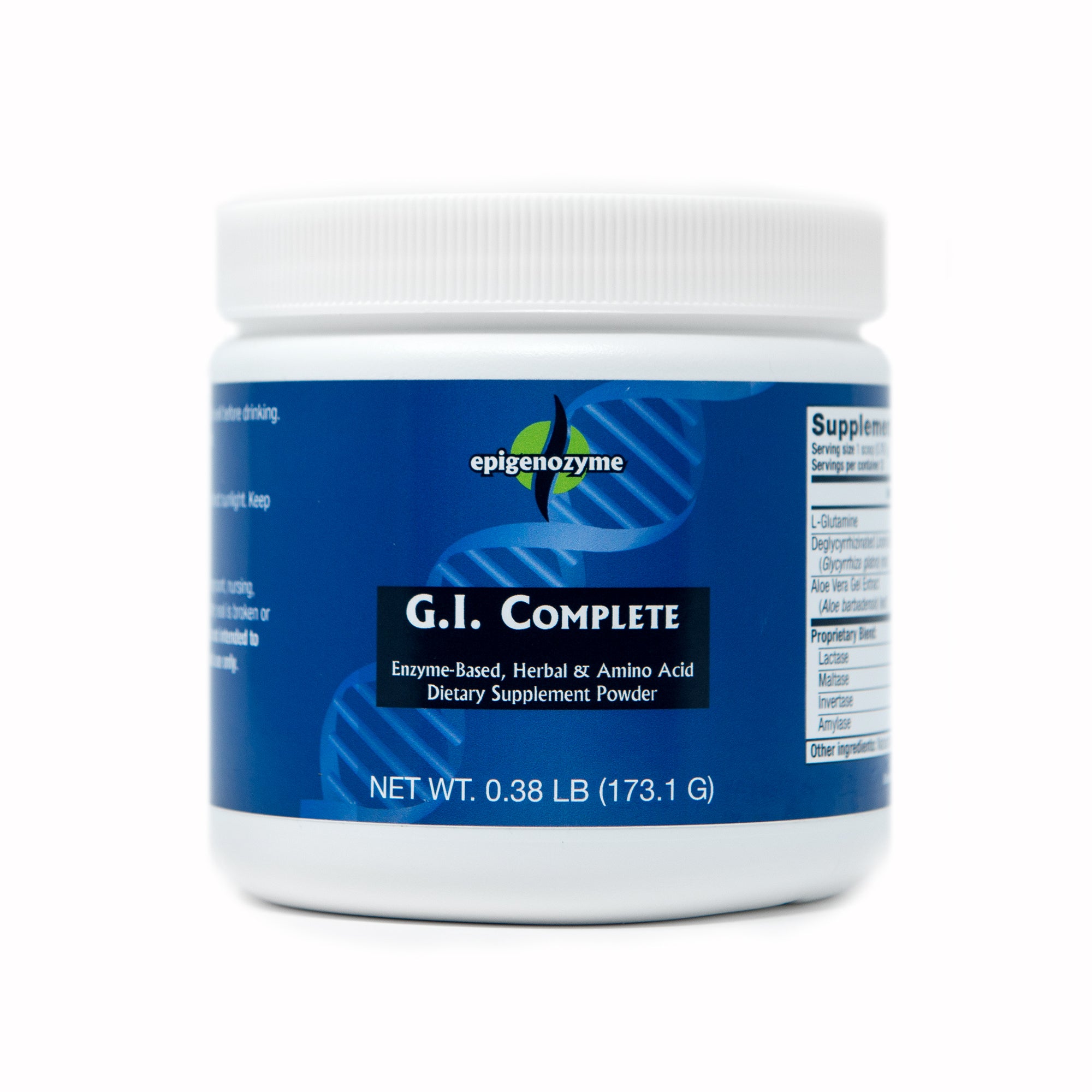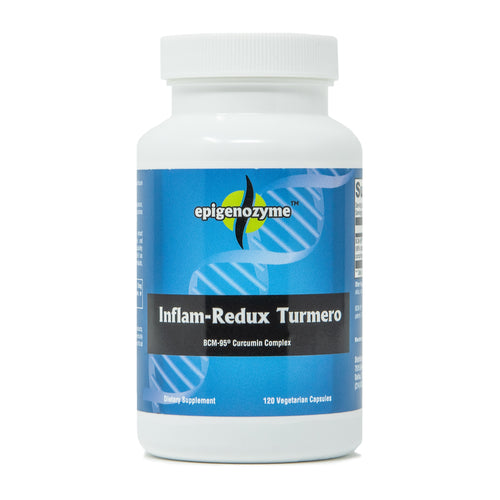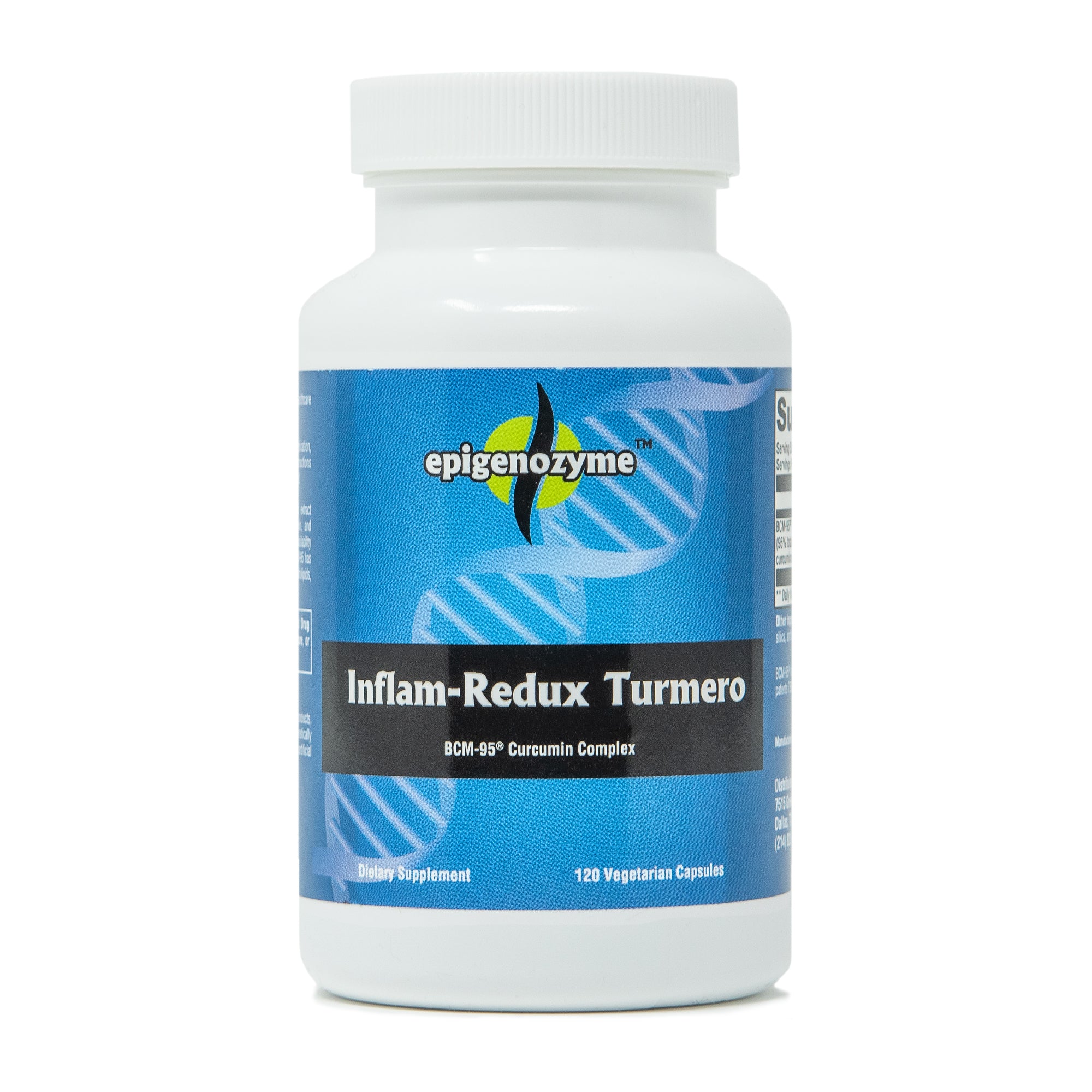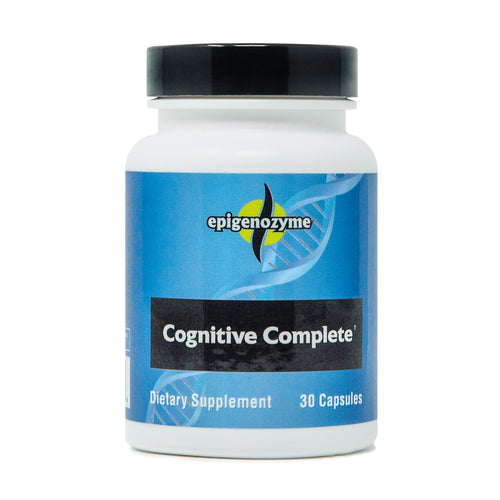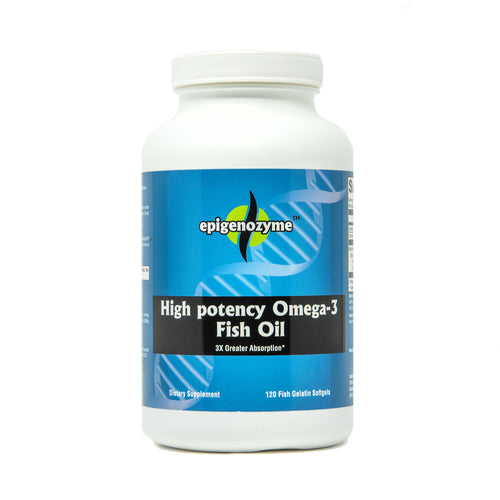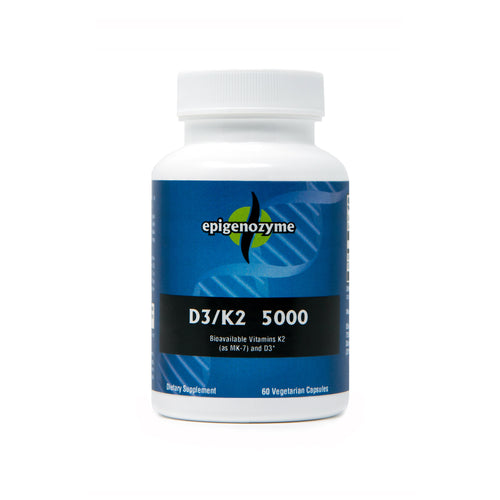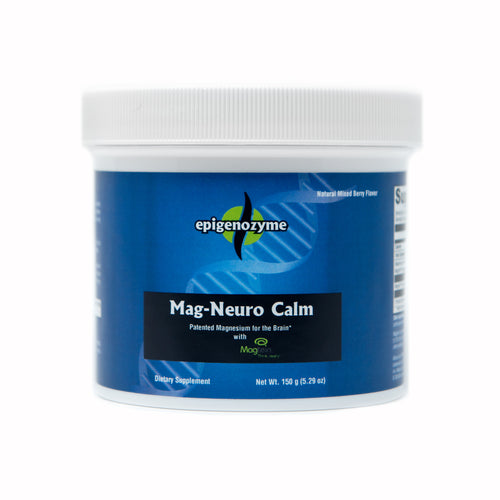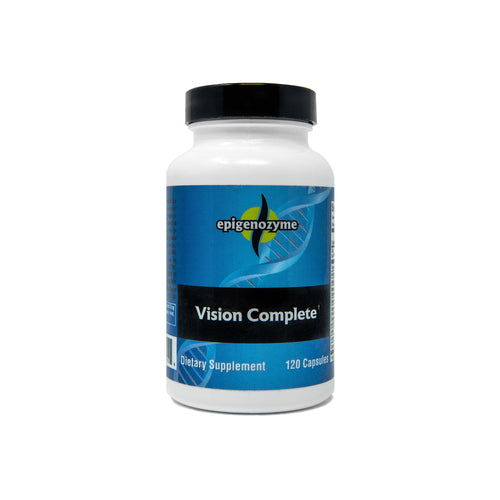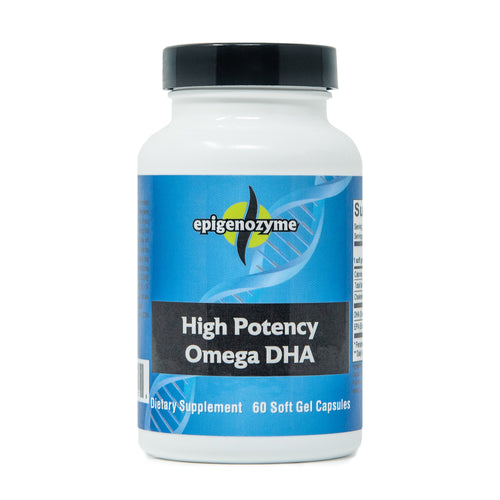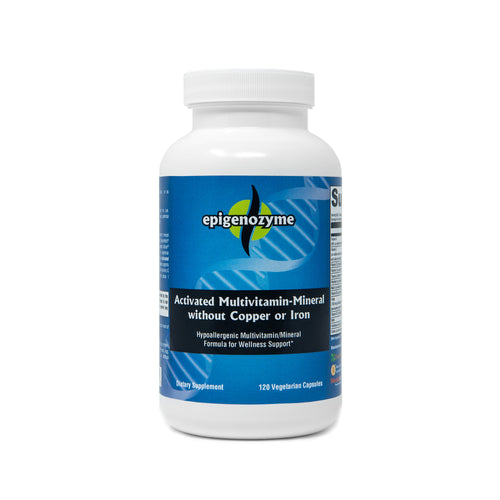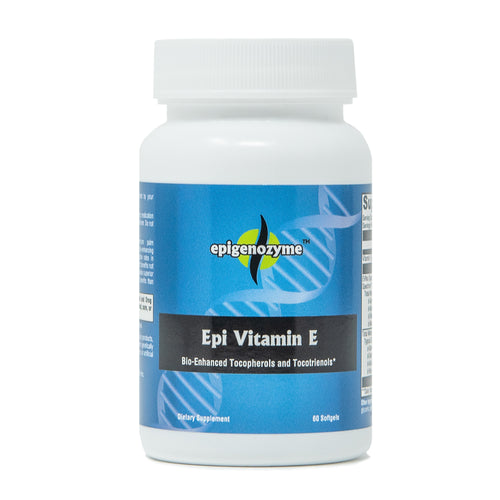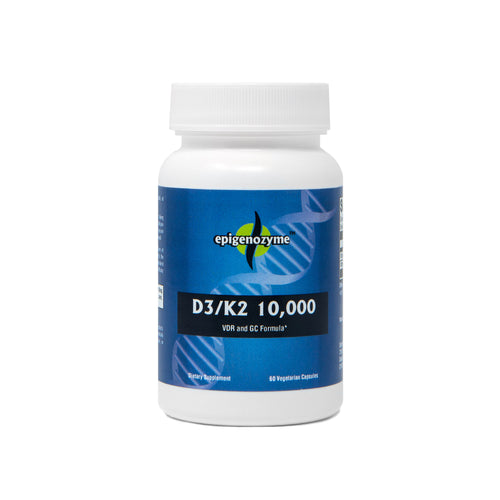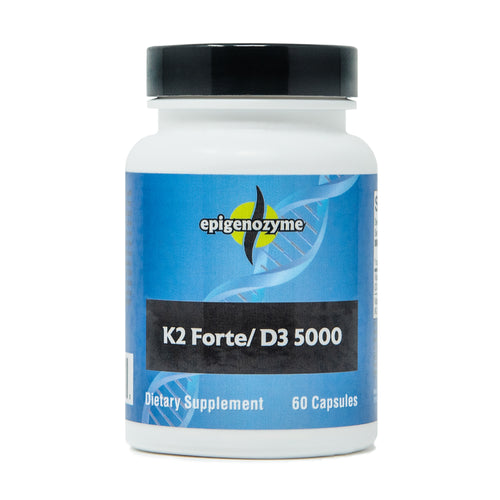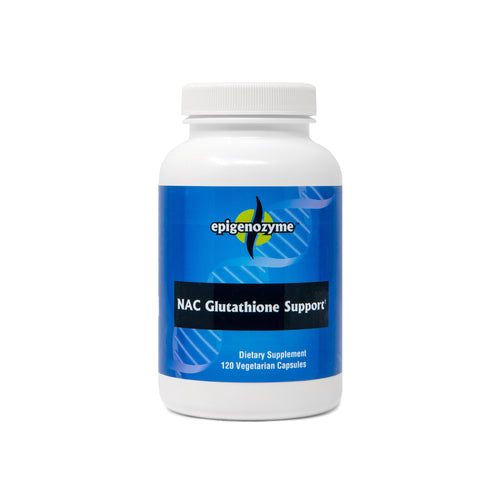You have no items in your shopping cart.
Phosphatidylserine-100 Soy Free BDNF Formula (60 capsules)
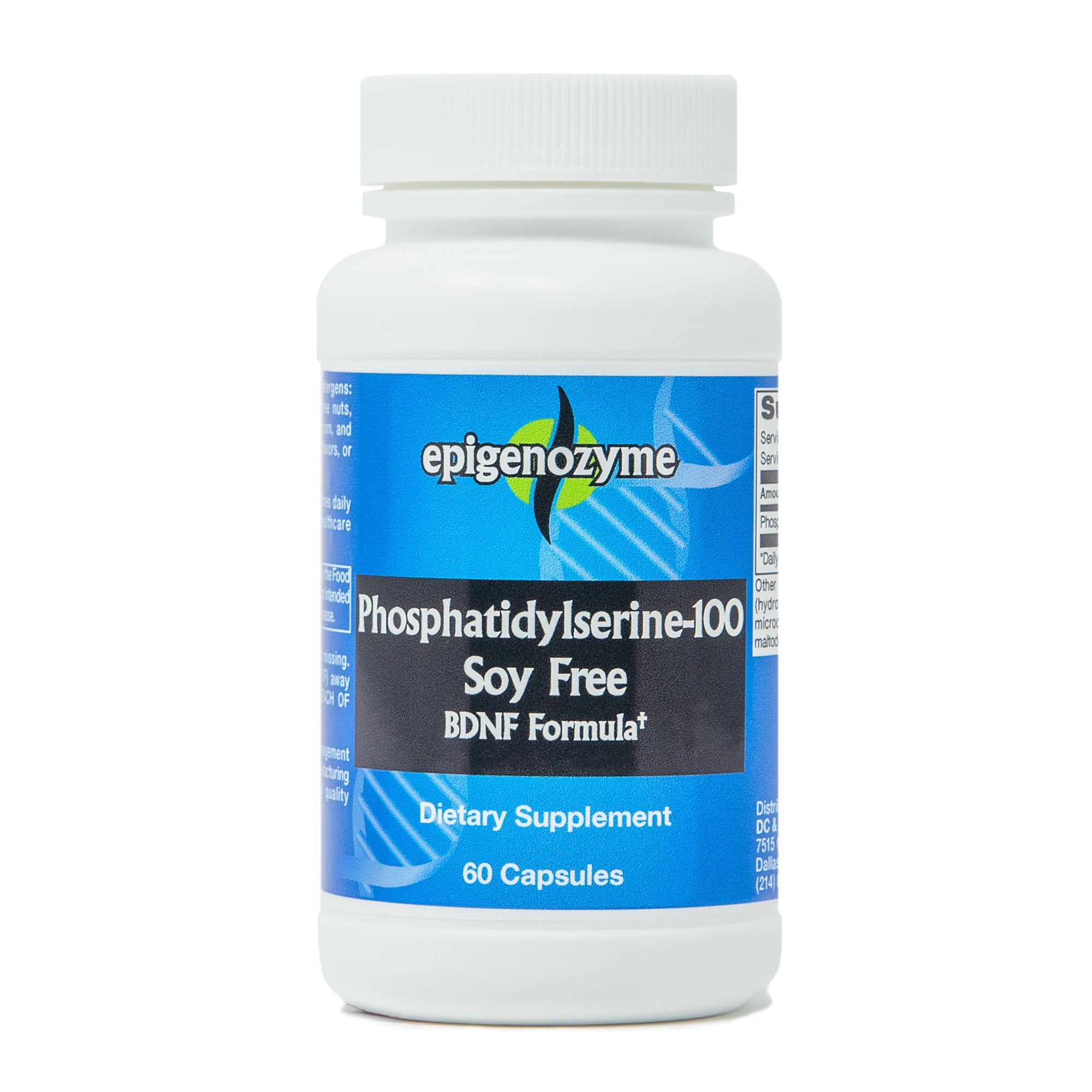
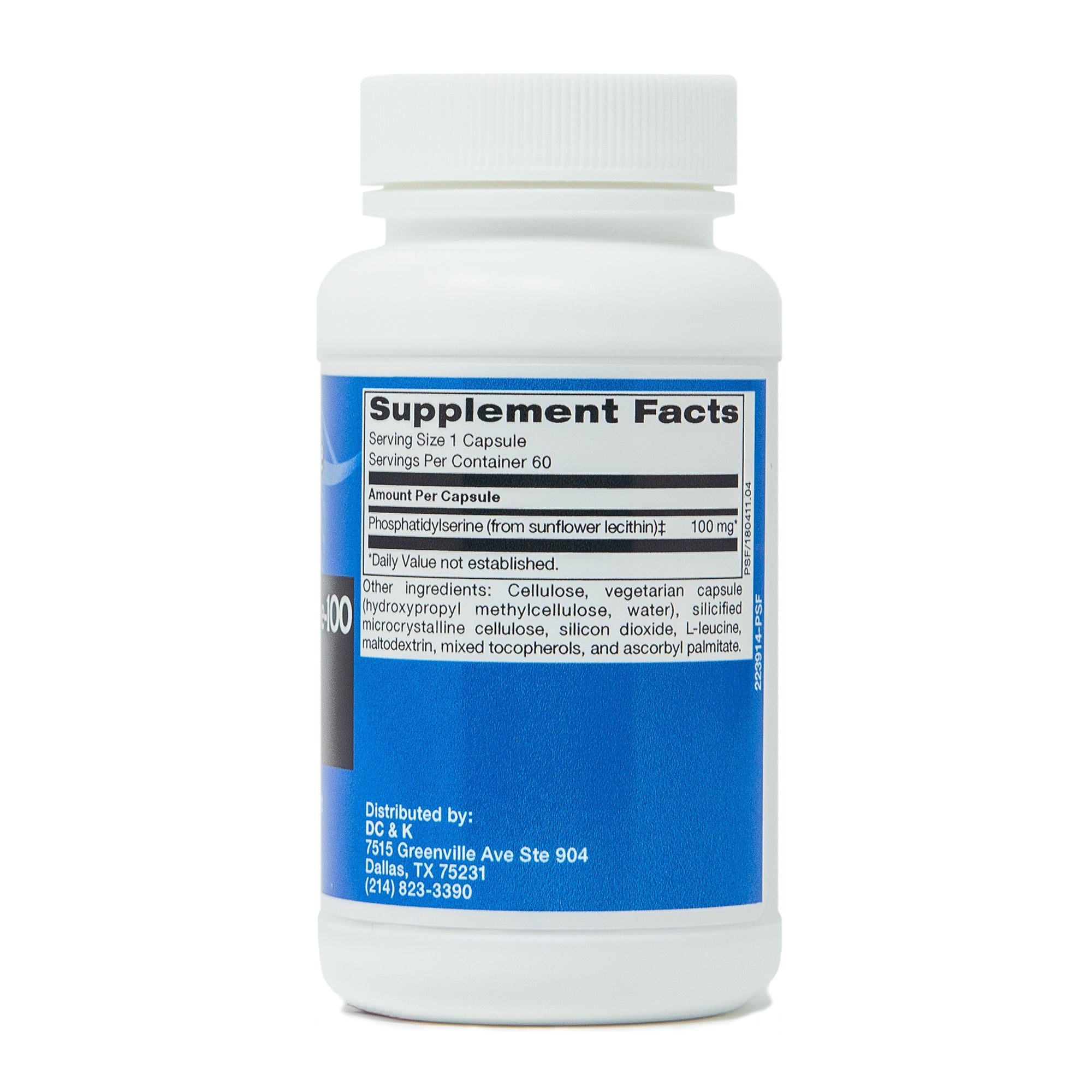
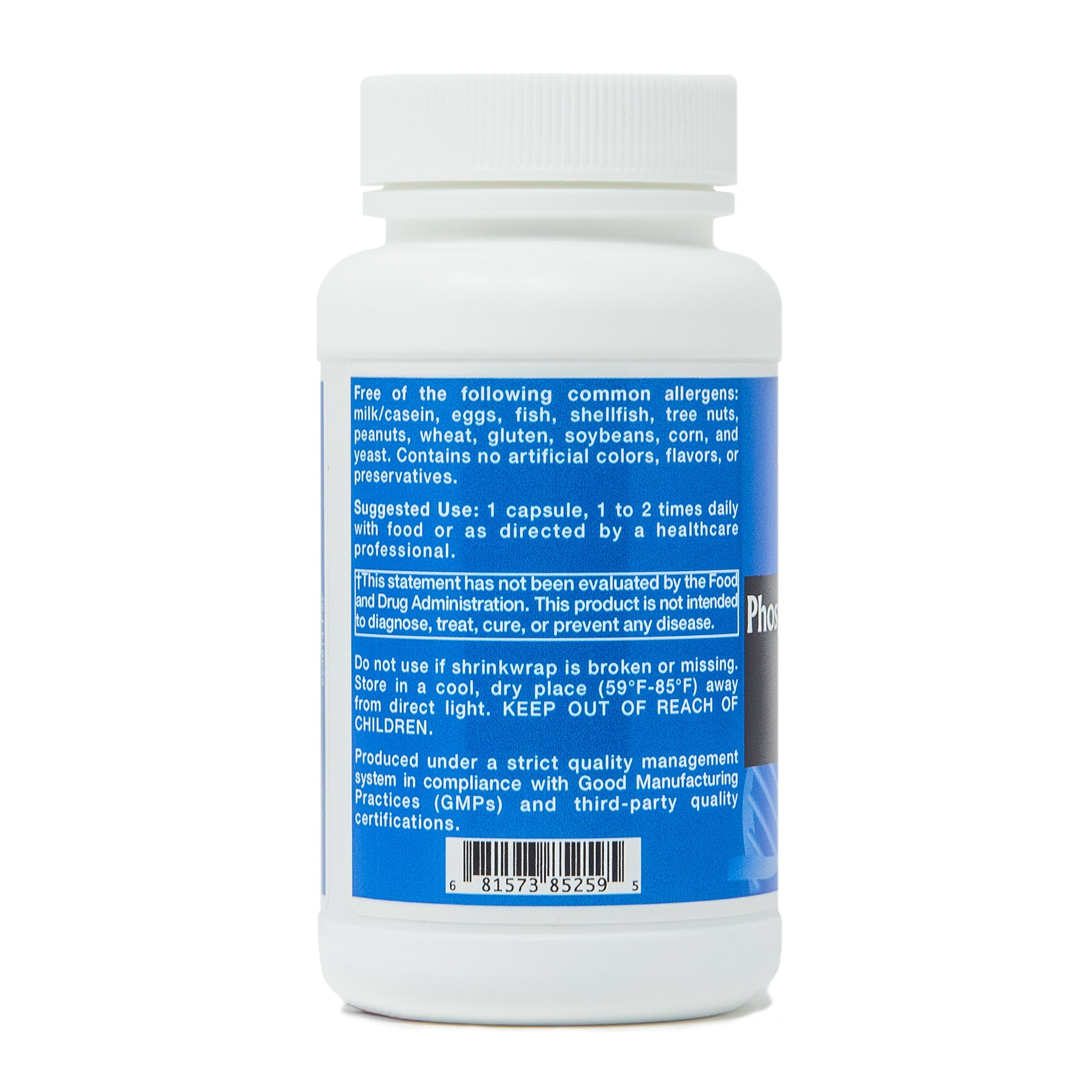
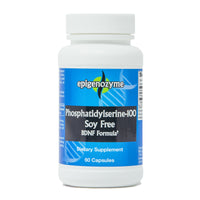
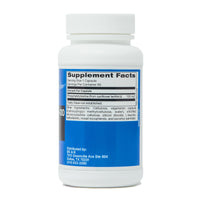
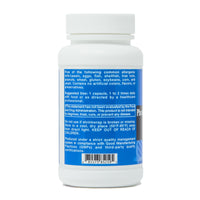
Phosphatidylserine-100 Soy Free BDNF Formula (60 capsules)
- Sale price
- $40.00
- Regular price
- $40.00
Phosphatidylserine is the most abundant phospholipid in the human brain and is made by the body in small amounts. This important phospholipid supports neuronal cell integrity by providing the building blocks needed for cell membrane structure and function.† Cell membranes not only act as a barrier between the inside and outside of a cell, but also play an important role in cellular communication and normal cellular responses. Phosphatidylserine has also been documented to increase the availability of choline for synthesis of acetylcholine, an important neurotransmitter involved in memory and learning. It may also help enhance cognitive function by maintaining cholinergic activity in the brain.†
The brain makes up only 2% of a person’s body weight, yet it consumes roughly 20% of the body’s energy when at rest. Many nutrients have been shown to support optimal neurologic and cognitive function. In addition to the well-known omega-3 fatty acid DHA, other nutrients have demonstrated efficacy in supporting cognitive function.
Phosphatidylserine
Phosphatidylserine (PS) is an endogenous phospholipid. Although it is less abundant in the body than other phospholipids (i.e., phosphatidylcholine and phosphatidylethanolamine), it still comprises 2–10% of the body’s total phospholipids, with critical functions in several biological areas, such as apoptosis (programmed cell death), blood clotting, and cell-to-cell communication.1 The PS molecule consists of a glycerol-phosphate backbone, the alpha-amino acid serine, and two fatty acids. As with other phospholipids, PS is a critical component in the structure of membranes, particularly neurons.2
In the body, phospholipids form a variety of structures owing to their amphipathic nature, i.e., having both a hydrophobic (“water-fearing”) non-polar tail and hydrophilic (“water-loving’) polar head. They can move within the fluid mosaic of cell membranes, which supports cellular communication, selective passage of macromolecules, and other important cellular functions. Phosphatidylserine is the most abundant negatively charged phospholipid in eukaryotic cell membranes.3 As the major acidic phospholipid in the brain, PS can traverse the blood-brain barrier after oral administration.4 In animal studies, it has been shown to influence several neurochemical systems, neuronal membranes, cell metabolism, and several neurotransmitters, including serotonin and dopamine.†5-7
Several clinical trials have shown that PS supplementation supports cognitive function.†
Several clinical trials have shown that PS supplementation supports cognitive function.† In one randomized, controlled clinical trial, 36 children, aged 4 to 14 years, who were experiencing attention-related issues were given 200 mg/d of PS or placebo for two months.8 PS supplementation resulted in significant improvements in attention, impulsive movement, and short-term auditory memory as compared with placebo. PS was well-tolerated and showed no adverse effects.
Phosphatidylserine has further been shown to support healthy endocrine and adrenal responses to mental stress.† In a double-blind study, PS (400 mg, 600 mg, or 800 mg/d) was administered to healthy women and men 20 to 45 years old.9 In the groups receiving 400 mg/d of PS only, researchers observed a pronounced blunting of both serum ACTH and cortisol, and salivary cortisol responses to the Trier Social Stress Test (TSST). There was also a positive effect on emotional responses to the TSST at 400 mg/d. While the placebo group showed the expected increase in distress after the test, the group treated with 400 mg PS showed a decrease. The effect was not seen with larger doses. These results suggest that PS may dampen hypothalamic-pituitary-adrenal (HPA) axis stress responses.†
Phosphatidylserine also supports cognitive function in aging individuals.† In a clinical trial, 70 elderly subjects with cognition complaints were randomly allocated to four groups: 17 patients received only social support, 18 patients received cognitive training twice a week, 17 patients received cognitive training combined with pyritinol 2 x 600 mg/d, and 18 patients received cognitive training combined with phosphatidylserine (200 mg BID). Researchers concluded that PS supplementation combined with cognitive training led to transient improvement of cognitive and memory function, as well as improved electrophysiological brain function.†10
*Statements regarding dietary supplements have not been evaluated by the FDA and are not intended to diagnose, treat, cure, or prevent any disease or health condition.

